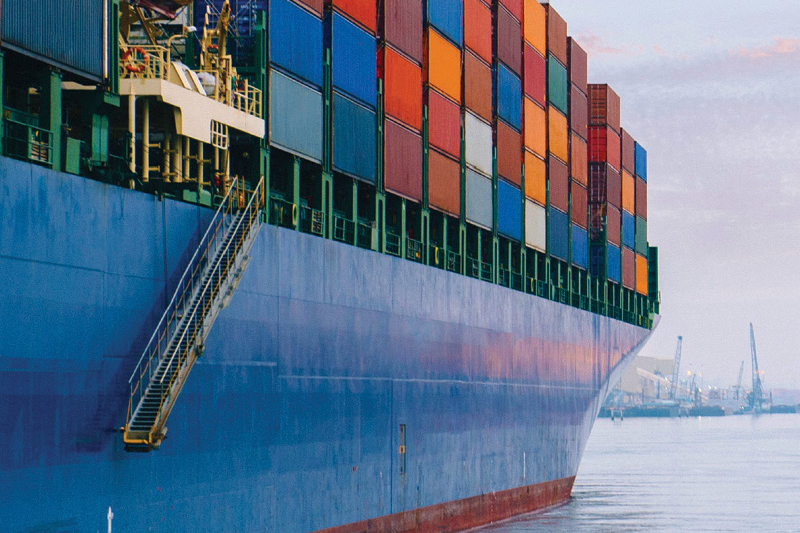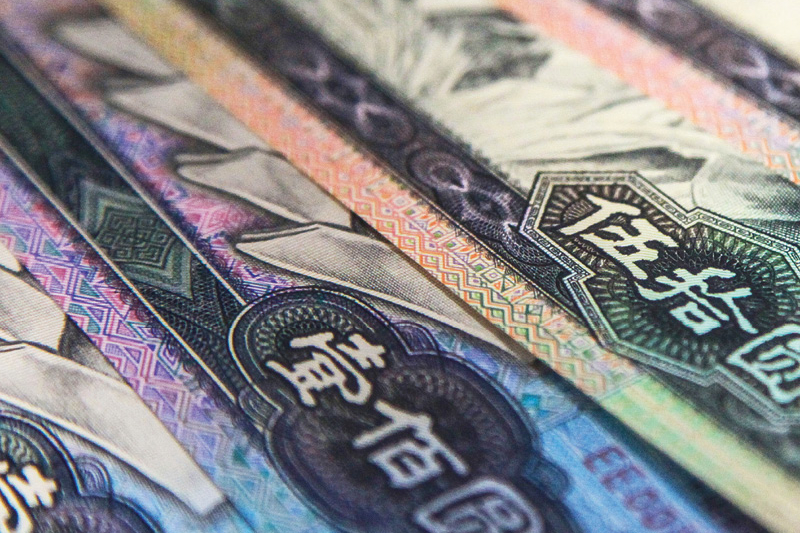Taiwan's energy renaissance: seizing the opportunity
By Fergus Smith and Mikio Kobayashi
Taiwan has recently emerged as an exciting new investment destination for international investors and financiers in the energy sector

Executive Summary
Rapid shifts in global regulatory policies and deal trends are creating challenges and tantalizing cross-border opportunities for Taiwanese investors and companies.
By Noah A. Brumfield, Taiwan Practice Head
Halfway through 2018, the world's policy dramas and other disruptions show no sign of slowing. How will the latest global legal changes and market trends affect cross-border business and Taiwan in particular?
Our Taiwan report this year spotlights two appealing opportunities. First, Taiwan's emergence as an exciting energy investment destination may create new openings for Taiwanese companies far beyond the energy sector. In addition, Taiwanese businesses are poised to spend record amounts on overseas M&A transactions and further increase their presence in global M&A markets.
Even some obvious challenges still contain room for optimism. Prudent investment and supply chain strategies can reduce the impact of international trade upheavals on Taiwan-based exporters facing US and China trade policy changes. And Taiwanese businesses that understand shifting geopolitics and financing trends affecting deals in the Asia-Pacific region can unlock funding and capital opportunities.
Several US-centered developments also may be highly relevant for Taiwanese companies engaged in cross-border business. A rare court decision that clarified US merger control rules for vertical deals has provided judicial guidance for transactions involving companies with complementary businesses. A US clampdown on potential security threats is intensifying the scrutiny of cross-border M&A. And Taiwanese companies, already affected by US enforcement actions in recent years, can benefit from making sure all investment strategies and global operations include an assessment of the latest US economic sanctions and export control policies.
We hope you find this useful, and look forward to seeing Taiwanese businesses flourish worldwide in the months and years ahead.
By Fergus Smith and Mikio Kobayashi
Taiwan has recently emerged as an exciting new investment destination for international investors and financiers in the energy sector

While Taiwan traditionally attracts global attention for its semiconductor assets, local firms are increasingly looking to move into markets overseas

Investment and supply chain strategies for a volatile international trade environment

By David Li and Baldwin Cheng
Changing geopolitics and financing flows impact deals in the region

By Noah A. Brumfield and Charles Miller
A recent US district court decision rejecting a US government challenge to the AT&T/Time Warner merger provides judicial guidance for deals involving companies with complementary businesses.

A clampdown on potential security threats has increased the scrutiny of participants seeking clearance for cross-border mergers and acquisitions

By Nicole Erb and Cristina Brayton-Lewis
Today’s integrated global supply chains meet enhanced US enforcement against even non-US individuals and entities


Today's integrated global supply chains meet enhanced US enforcement against even non-US individuals and entities
The United States has long maintained economic sanctions and export controls that restrict transactions involving US-origin items or by US persons with certain parties or countries for foreign policy or national security reasons. In recent years, though, the US has increasingly relied upon existing and new laws to enforce US sanctions and export controls against non-US parties, effectively coercing non-US parties into upholding US foreign policy and national security interests abroad.
Since Taiwanese companies and individuals have been affected by such US enforcement actions in recent years, you should remain mindful of US export controls and economic sanctions as you devise investment strategies and conduct global operations.
US sanctions often prohibit transactions by non-US persons involving sanctioned countries or blocked parties if the transactions have a direct or indirect connection to the US or a US person. For example, a non-US person can be deemed to have violated US sanctions even by engaging in a transaction outside the US that involves only non-US persons—if the transaction is denominated in US dollars and clears through the US financial system.
In some cases, the jurisdictional nexus with the US can be less obvious. In February 2017, US authorities concluded that a Taiwanese company had violated US sanctions by conducting a ship-to-ship transfer with a vessel owned by the National Iranian Tanker Company. The US authorities used the Taiwanese company's participation in a US bankruptcy proceeding as the jurisdictional hook where the vessel used in the Iran-related shipment was under the jurisdiction of the US bankruptcy court.
Recently, the US also has stepped up enforcement of so-called "secondary" sanctions, which can be enforced against non-US persons without any connection to the US or a US person. Secondary sanctions target "sanctionable activities" by non-US persons outside the US, such as trade with North Korea or dealings with designated Iranian parties. US authorities do not have jurisdiction to impose civil or criminal monetary penalties for violations of secondary sanctions, because the violation, by definition, lacks a connection to the US or US persons. But the enforcement measures can be just as serious, if not more so, than the imposition of monetary penalties. US authorities can blacklist the foreign violator, thereby closing or restricting the violator's access to US commercial and financial markets. Secondary sanctions thus operate as a powerful deterrent against dealings by non-US persons with US-sanctioned countries or blocked parties, even in the absence of any US nexus.
Since 2010, US secondary sanctions have increased both in scope and frequency of enforcement. In fact, the lifting of US secondary sanctions against Iran was a key issue in negotiating the Iranian nuclear deal, implemented in 2016. With the US's May 8 announcement that it is withdrawing from the Iran deal, secondary sanctions are expected to be re-imposed in full after November 4, 2018.
Taiwanese companies are no strangers to the dragnet of US secondary sanctions. Earlier this year, the US authorities added a Taiwanese individual and two Taiwanese companies to the US sanctions list pursuant to the Countering America's Adversaries Through Sanctions Act of 2017 (CAATSA), effectively locking them out of the US financial system. US authorities alleged that these Taiwanese parties were engaged in North Korean coal export and oil import deals with entities in Russia.
US export controls restrict the export or re-export of items and technology, including:
In light of today's integrated global supply chain, US export controls pose a greater risk to non-US parties than ever before. The impact of the recent enforcement action against the Chinese technology company, ZTE, on Taiwanese companies exemplifies the extent of this risk. The US Commerce Department's Bureau of Industry and Security (BIS) imposed its largest-ever penalty on ZTE in connection with the shipment of items to Iran. This penalty, which was part of a criminal plea agreement, included the imposition of a "denial order" that would prohibit ZTE from being involved in any transactions involving items or technology exported from the US. After negotiations, ZTE reached a settlement with BIS and suspension of a new denial order on June 7, 2018. The new denial order will not be lifted until ZTE pays the US$1 billion fine and places an additional US$400 million in an escrow account.
Other recent US enforcement actions bear out the US focus on enforcement of sanctions and export controls against non-US persons—including non-US persons located in Asia:
Notably, US lawmakers are attempting to block the new settlement with ZTE through legislative means as well as trying to push through more stringent export controls legislation. For example, two pieces of pending legislation—titled the Foreign Investment Risk Review Modernization Act of 2018 and the Export Control Reform Act of 2018—seek to expand US export controls involving "foundational technologies," joint ventures involving non-US parties, and emerging and critical US technologies, including AI and machine learning, semiconductors, unmanned aerial vehicles and solar cells.
With so much at risk, Taiwanese companies should make sure their investment strategies always include an updated assessment of the latest US sanctions and export control policies. This is particularly important any time your business expands into new jurisdictions or engages with new individuals and entities. By addressing any gaps in advance of new investments or new contracts, Taiwanese companies can prevent issues that may otherwise derail a transaction.
This publication is provided for your convenience and does not constitute legal advice. This publication is protected by copyright.
© 2018 White & Case LLP